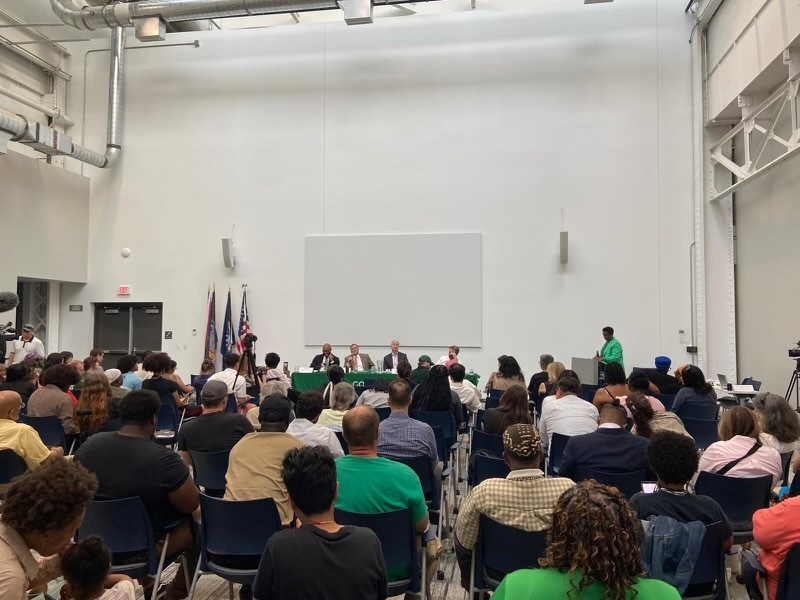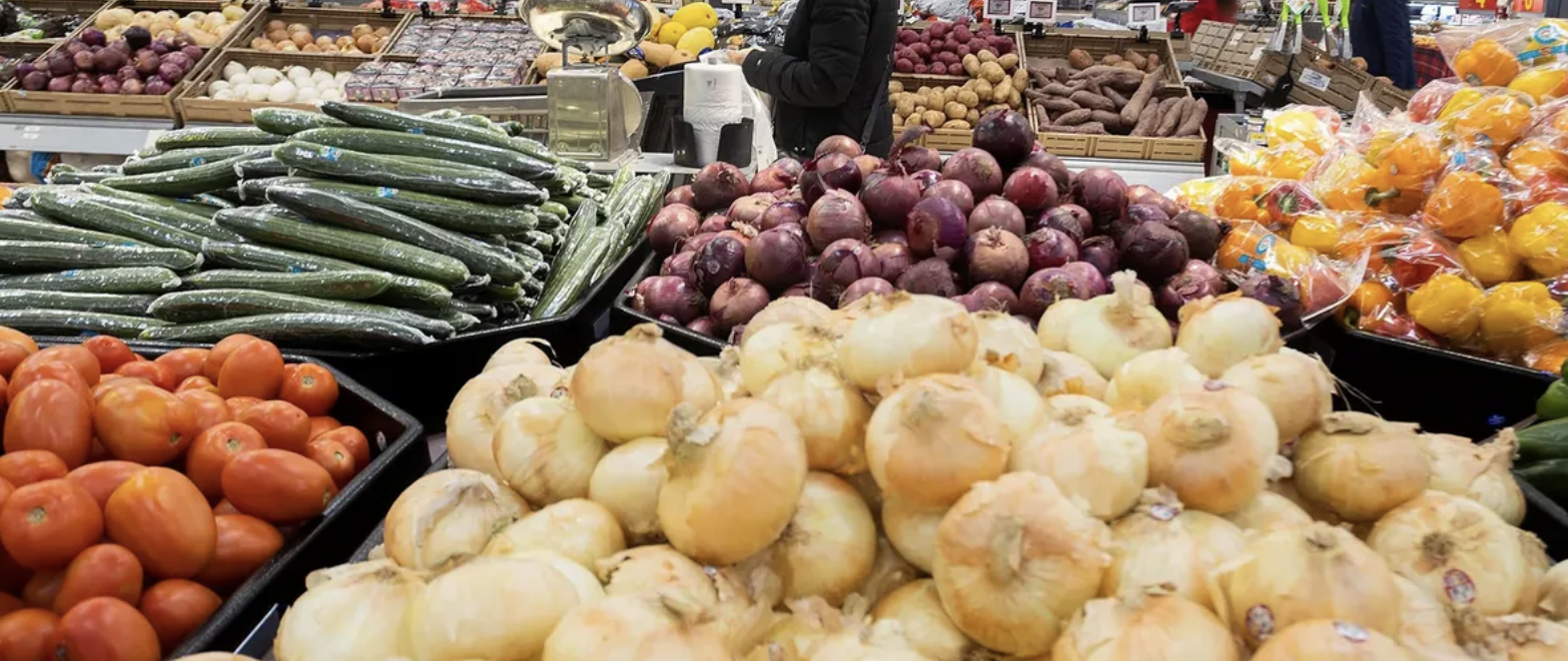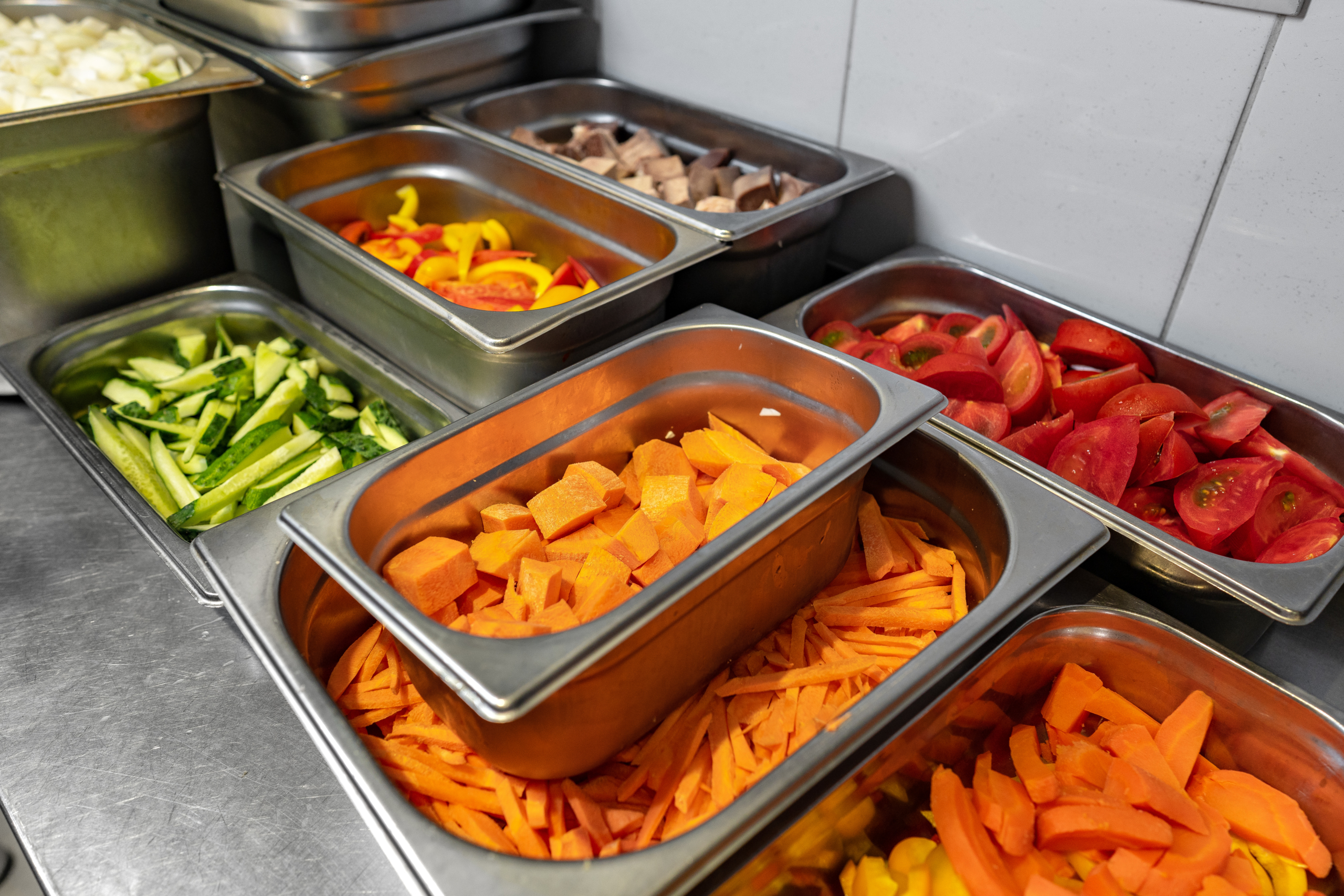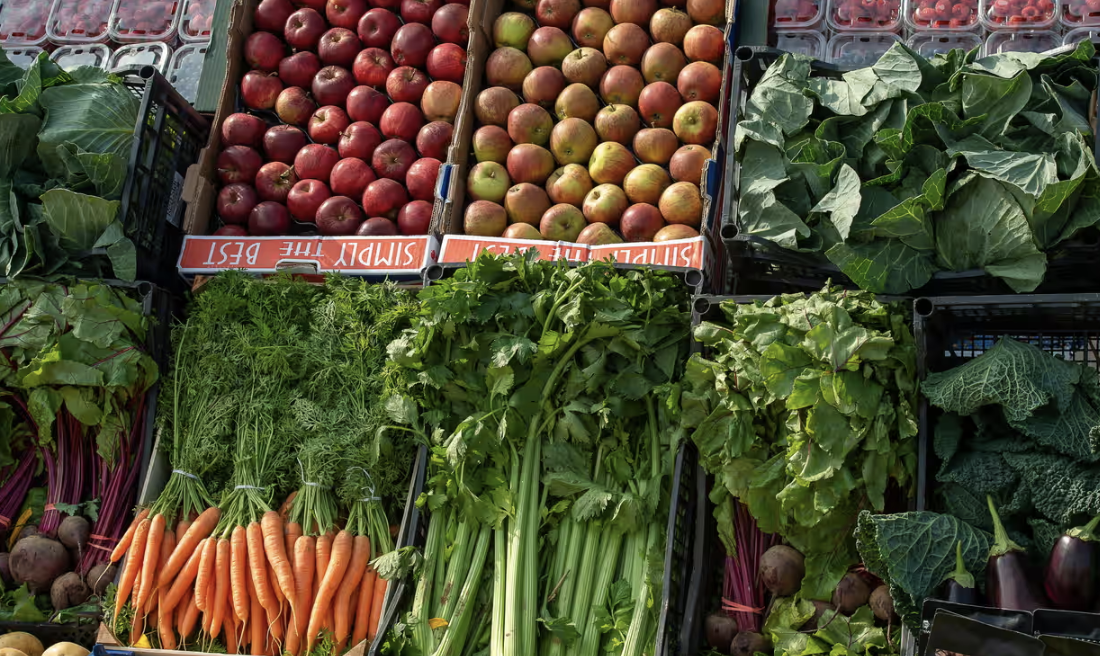More than one million New York school kids are now going meatless on Mondays. What good will it do?
The current population of the United States: 327.2 million. The number of students attending New York Public Schools: 1.1 million. The number of meals the system serves each day: 1 million. And the number of those meals with meat on Mondays?
Zero.
In March NYC announced that for the 2019-2020 school year, the city’s more than 1,800 public schools would join Meatless Monday, a global movement promoting healthy people and the environment by swapping meat for veggies, just one day a week. They’re joining hundreds of other K-12 schools, more than 150 U.S. universities, large hospital systems, celebrities like Ariana Grande, Stevie Wonder and Paul McCartney and others from more than 40 countries.
By 2050, the world’s population is expected to reach 9.7 billion. And in a special UN Report in August, more than 100 scientists suggested that industrialized nations like the United States should move toward plant-based diets to ensure everyone eats in an environmentally friendly way.
As younger generations embrace plant-based foods, going meatless just one day a week offers hope for a simple solution. Could it be so easy?
We examined the nation’s largest school system for a sneak peak: “One in 300 Americans are sitting in our schools every single day,” said Isabelle Boundy, Assistant Press Secretary at the NYC Department of Education. “We’re very aware that the eyes of the nation are often on New York.”
On Mondays, New York’s k-12 students munch down on vegetarian specials like stuffed shells with marinara, mac-and-cheese, peanut butter and jelly sandwiches and hummus. Recently, fourth-graders visited a test kitchen in Queens to sample vegan burgers that will potentially make the menu.
NYC is part of a trend that’s likely here to stay. The market for plant-based foods, worth nearly $4.5 billion, grew 31 percent in just two years.
Call it flexitarian, reductaterian or just an interest in testing out new plant-based foods, surveys have found that 22 percent of Americans are working on consuming less meat, and 39 percent — which includes 50 percent of millennials — are trying to eat more plant-based foods. Even Burger King and McDonald’s are testing the waters.
“It’s really the thought that, oh, I can have more plant based meals in my diet and be O.K,” said Becky Ramsing, Senior Program Officer for Food, Communities and Public Health at Johns Hopkins Center for a Livable Future and a scientific advisor for Meatless Mondays.
The future is plant-forward. Cutting meat is doable. But measuring what that means for the climate is complicated.
Economists like Ramsing, nutritionists and climate scientists studying food and the environment say there’s no blanket formula to reach a sustainable future. Food systems are complicated, global, interdependent and interconnected, leaving researchers with a planet-sized balancing act instead. Food sourcing, production methods (even with meat), menu planning, nutritional needs, economic priorities, cultural traditions and how meatless days roll out from place to place: They all add weight.
“You can create a model diet, or a scenario diet, or an average diet, but there’s just so much variation — across people, across diets, across foods,” nothing is perfect, says Rebecca Boehm, an economist at the Union of Concerned Scientists.
But the research is still useful.
Counting carbon
A recent study looking at how meatless days affected greenhouse gas and water footprints in 140 countries found that if everyone in the United States participated in a meatless day, they could cut greenhouse gasses by 22 percent. Just half participation could cut 11 percent, and a third? Six percent. But that’s if substitution diets were healthy. With more typical American diets, which contain more dairy and fewer veggies, meatless days dropped greenhouse gasses by only 4 percent.
“It matters where you produce the food, from a climate perspective, but it also matters how you consume it, from a nutrition and health perspective. And those elements are not always in sync,” said Martin Bloem, director at Johns Hopkins Center for a Livable Future and author on the study.
That’s especially important in schools, where menu planners balance nutritional standards, feasibility, affordability and taste, says Sean Cash, an economist at the Friedman School of Nutrition Science and Policy at Tufts University.
Cash hasn’t examined New York, but in another large school district practicing Meatless Mondays, he’s found that when planners simply rearrange existing menu items, such as serving burgers on Monday or Tuesday, it doesn’t matter.
New York City only shared that its meatless meals are healthy, free, evaluated highly by students and still contain cheese, which limits their impact.
“In some cases we might caution with: If you run all the numbers of the greenhouse gas impact of a meatless meal one day a week in a school, it’s going to be low,” said Ramsing. “But if you think about its potential, it can be huge.”
Starting conversations
What’s more important than some kind of magic formula, she added, is realizing that the next generation of eaters has a better chance of adopting lifelong habits and influencing others.
Peggy Neu, President of the Meatless Mondays campaign, agrees: It’s a promotional platform for conversation and often participants extend meatless meals to other days or their families, their surveys have shown. It doesn’t work without the conversation, adds Bloem.
New York City took a big step toward opening this conversation by announcing their plans years ahead. They’ve removed politics, finances and stigma from the equation by providing free lunch for all. And as part of the Urban School Food Alliance, a nonprofit group including school food service professionals from the largest cities in the nation, they’re ultimately influencing school systems nationwide with purchasing power that drives supply.
But it doesn’t always play out this way, said Cash. Other paths to a sustainable future may be more appropriate in cases where cultural, financial, political or personal positions clash with Meatless Mondays.
“We need to be creative again how to use food,” said Bloem. “We are at the beginning of a big shift in thinking. Food is now linked with health, nutrition, climate, culture and money. That’s not the way we thought about it ten years ago.”
“I think it will be a small revolution.”







